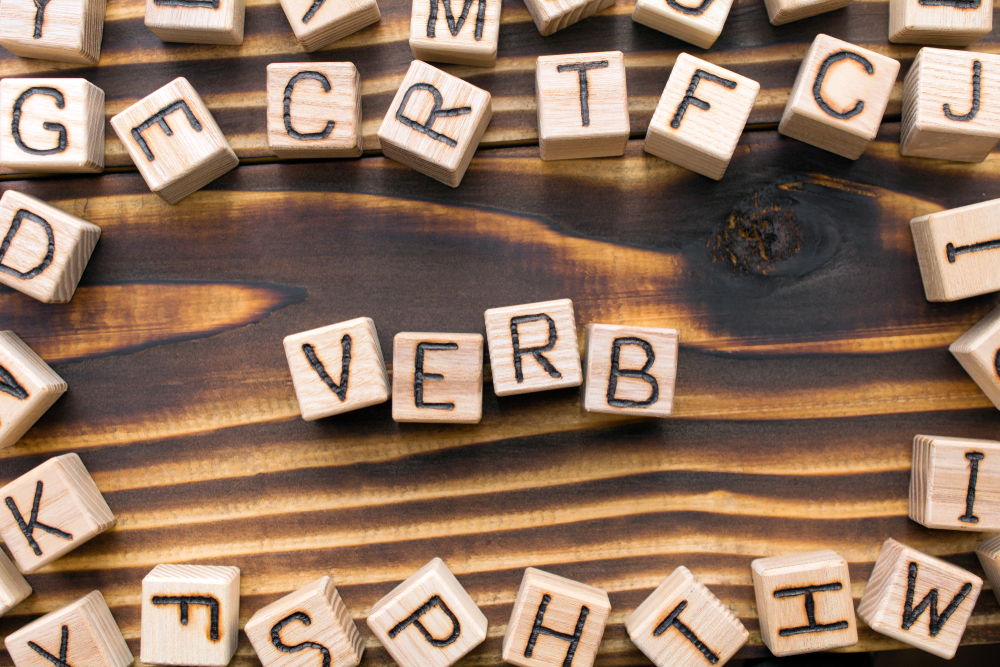Associative learning Normal Worksheets for Ages 6-7
4 filtered results
-
From - To
Discover our engaging Associative Learning Normal Worksheets tailored for children ages 6-7! Designed to enhance critical thinking and creativity, these worksheets help young learners connect concepts through fun and interactive exercises. Each activity encourages children to identify relationships between different ideas, fostering cognitive development and improving problem-solving skills. Whether in a classroom or at home, our printable resources support a seamless learning experience while making education enjoyable. Perfect for educators and parents seeking to reinforce essential skills in a playful manner, our Associative Learning Worksheets are an invaluable tool for nurturing young minds. Unlock your child's potential today with our enriching resources!
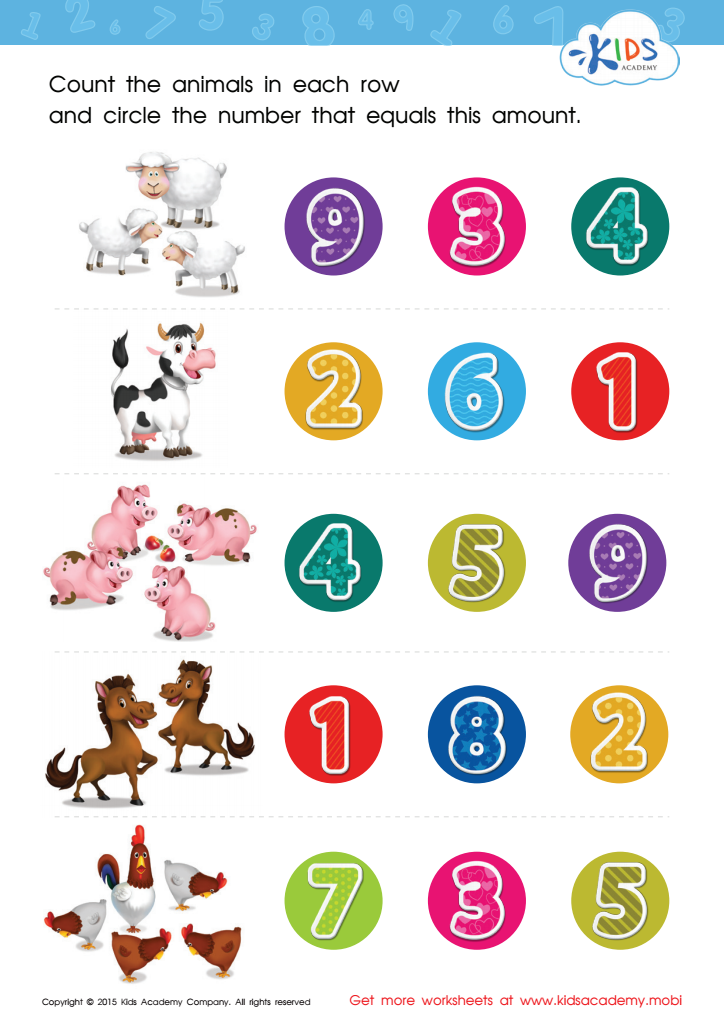

Count and Match 1 – 5 Math Worksheet
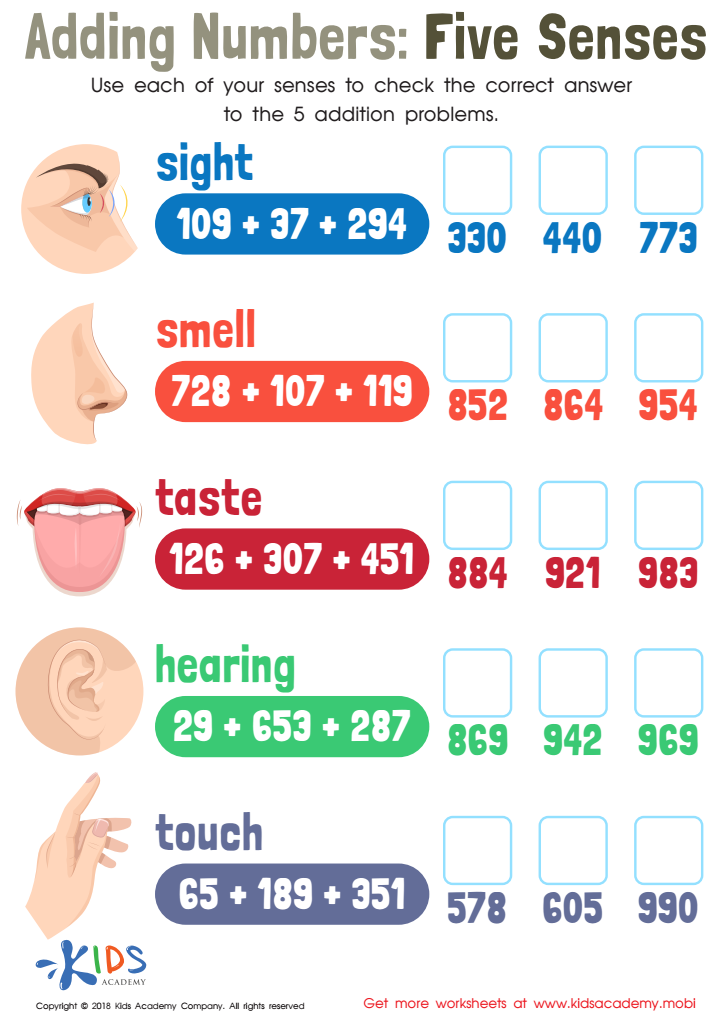

Adding Numbers: Five Senses Worksheet
Associative learning is a vital cognitive skill for children aged 6-7, as it lays the groundwork for more complex understanding in their lives. During this developmental stage, children begin to make connections between different concepts, experiences, and emotions. This ability to associate ideas helps them in various subjects, such as language, mathematics, and social studies.
As children learn to link facts with their applications, they enhance their critical thinking and problem-solving skills, essential for academic success. For example, when a child associates the sound of a word with its meaning, they improve vocabulary and communication skills. Additionally, through associative learning, children develop emotional connections with their surroundings, enhancing social interactions.
Parents and teachers should care about fostering associative learning because it promotes self-confidence and independence. By encouraging exploration and linking new experiences with prior knowledge, adults help children navigate the complexities of learning. This creates a robust foundation for lifelong education. Emphasizing this learning style also transforms the educational experience into an engaging process, making lessons more relatable and effective. Ultimately, prioritizing associative learning equips children with the necessary tools to thrive academically and socially.
 Assign to My Students
Assign to My Students

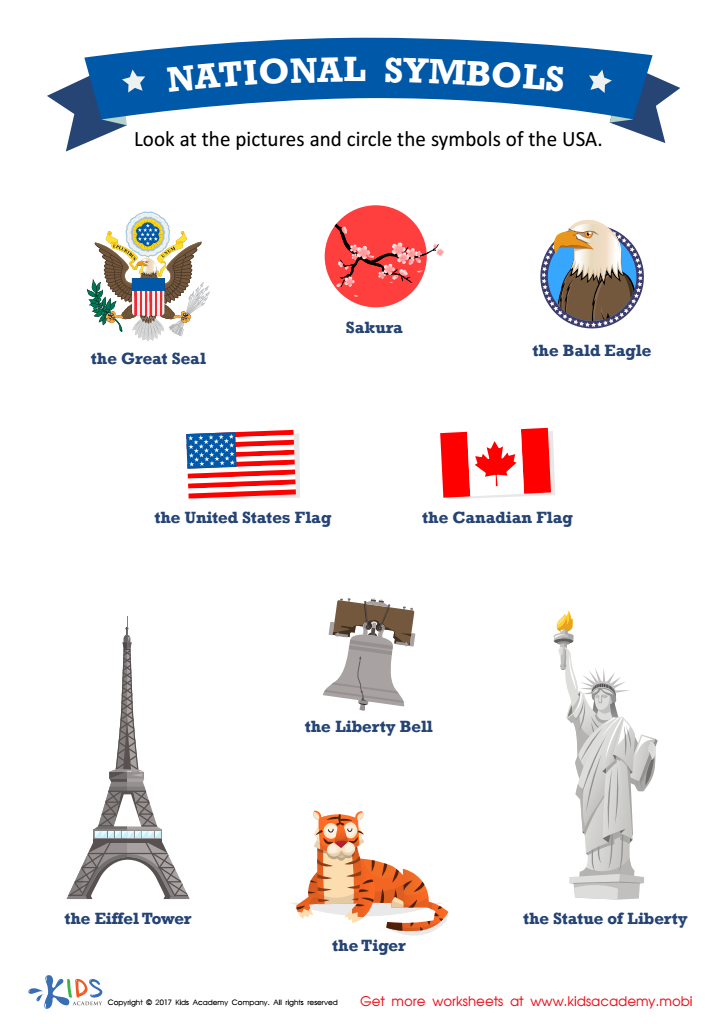
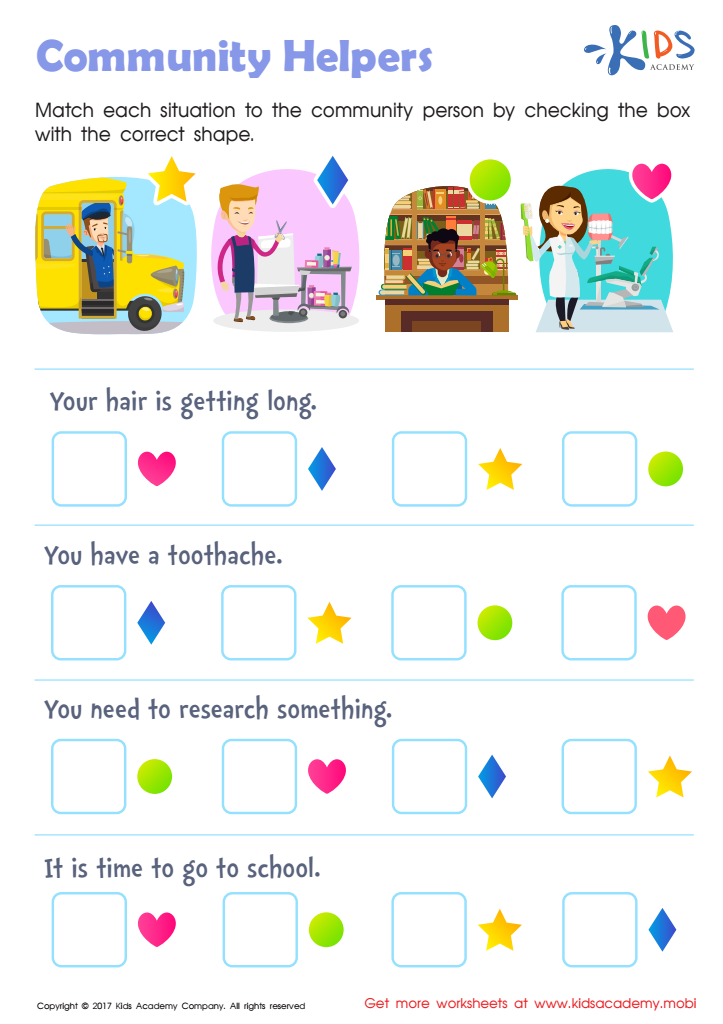



.jpg)
.jpg)
